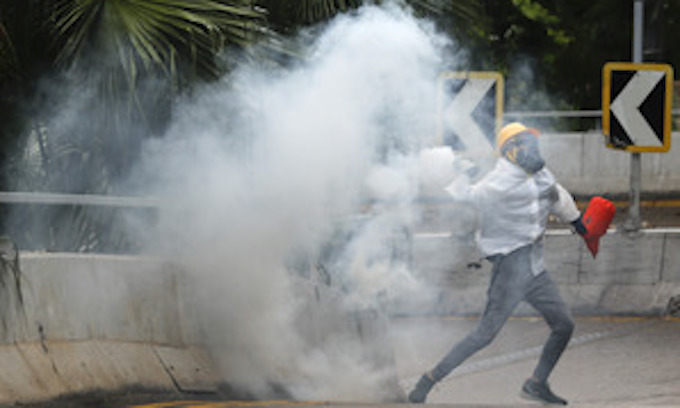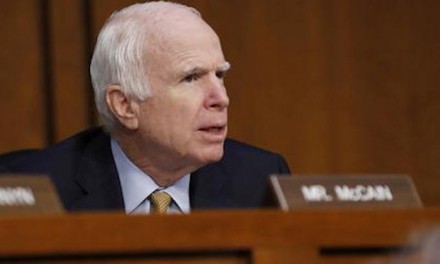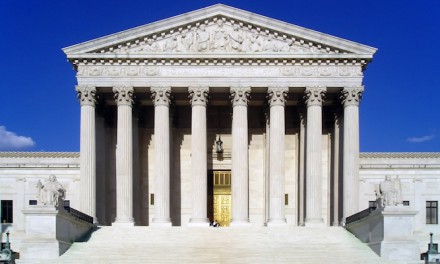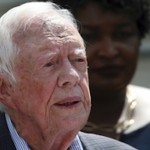The so-called battle for Hong Kong is still raging. Over the weekend, the capitalist entrepot witnessed its 22nd straight week of protests against Beijing’s heavy hand.
While the demonstrations are both smaller and more violent than when they first erupted five months ago to protest a law (now withdrawn) that would have allowed extraditions from Hong Kong to Mainland China — this weekend’s flare-up saw numerous stores smashed and even a stabbing in a shopping mall — their longevity has been extraordinary.
In 1989, Tiananmen Square had been occupied for barely a month when the tanks rolled in. Other mass movements across the world have fizzled in a matter of weeks as protesters were suppressed, placated or simply grew bored.
Hong Kong’s defiant spirit — its will to battle — is remarkable. But the war is over. And China won.
Five months ago, the Hong Kong protests looked to many like a genuine challenge to Beijing, one that could shake the foundations of Communist rule. The extraordinary mass rallies that characterized the beginning of the movement, with roughly 1 million people taking to the streets in a city of only 7 million, were by far the most profound challenge to the Chinese Communist Party since 1989.
China could not risk contagion, and many agreed it would ultimately send in the army to put down the protests, lest they spread to cities in the mainland.
In a classic episode of “The Simpsons,” Mr. Burns is booed mercilessly at a film festival, only to be reassured by his assistant Smithers that the crowd was really screaming “boo-urns,” not “boo.”
No, this has nothing to do with President Trump at Saturday’s UFC fights. Rather, as protests broke out in Hong Kong, panicky, unintentionally comical pieces appeared in Communist-run media organs like the China Daily claiming to credulous domestic audiences that the Hong Kong protesters were actually coming out in favor of the Beijing regime.
Such laughable propaganda suggested a regime that was very, very nervous.
Weeks later, the protests continue in Hong Kong — and nowhere else. Contagion looks like an increasingly remote possibility. Crucially, Mainland opinion has turned decisively against what the Chinese media refer to relentlessly as “rioters” and “foreign conspirators.” (The laughable attempt to claim that they are actually pro-Beijing was abandoned early on.)
A perusal through my WeChat account tells the tale. WeChat, owned by Chinese conglomerate Tencent, is both a chat app and a social network — Chinese users post photographs, memes and status updates alongside their text message conversations. And among my many Mainland contacts on WeChat, sentiment is universally hostile to Hong Kong. My feed is filled with condemnations of the “vandals” and “rioters” in Hong Kong.
Note that many of these WeChat contacts fit the profile of those who we might expect to be on the side of the protesters. Many were educated abroad, have advanced degrees, and work in professional fields. Yet on the Hong Kong question they are as nationalistic as their Little Red Book-clutching ancestors.
Others with deep networks in China report similar among their friends and acquaintances. Meanwhile, many Chinese living abroad have staged (actually) pro-Beijing demonstrations in dozens of cities outside China.
Hong Kong, in other words, is isolated.
Beijing may not have pacified the city itself, but it has eliminated the far more dangerous possibility of protests spreading. The 1989 student movement, by contrast, may largely be remembered for the atrocities that occurred in and around Tiananmen Square in Beijing, but there were pro-democracy protests in dozens of cities across the country.
Today, rather than send in the PLA and rerun a “tank man”-style atrocity, Beijing appears willing to let the demonstrations continue. Beijing even celebrated the nation’s 70th anniversary in grand style Oct. 1 in Beijing while continuing to let Hong Kong smolder. But this is in fact evidence of Hong Kong’s weakness as opposed to its strength.
Hong Kong simply doesn’t matter to China like it used to. In 1997, when Hong Kong was handed over from the United Kingdom to the People’s Republic, its economy represented some 20% of total Chinese gross domestic product. Hong Kong was also a crucial gateway for foreign investment into China.
Today, Hong Kong’s GDP represents less than 3% of China’s total GDP. Foreign investment has poured into the mainland, overflying Hong Kong entirely. Shanghai’s stock market, which didn’t even exist before the 1990s, now boasts a larger market capitalization than Hong Kong’s. It was reported last week that Hong Kong is, in fact, in recession — but there’s no sign that the rest of the country will follow.
The courageous Hong Kong protest movement will continue to irritate and embarrass Beijing. But fundamentally, it won’t threaten it.
• Ethan Epstein is deputy opinion editor of The Washington Times. Contact him at [email protected] or on Twitter @ethanepstiiiine.
© Copyright (c) 2019 News World Communications, Inc.
—-
This content is published through a licensing agreement with Acquire Media using its NewsEdge technology.


















Recent Comments